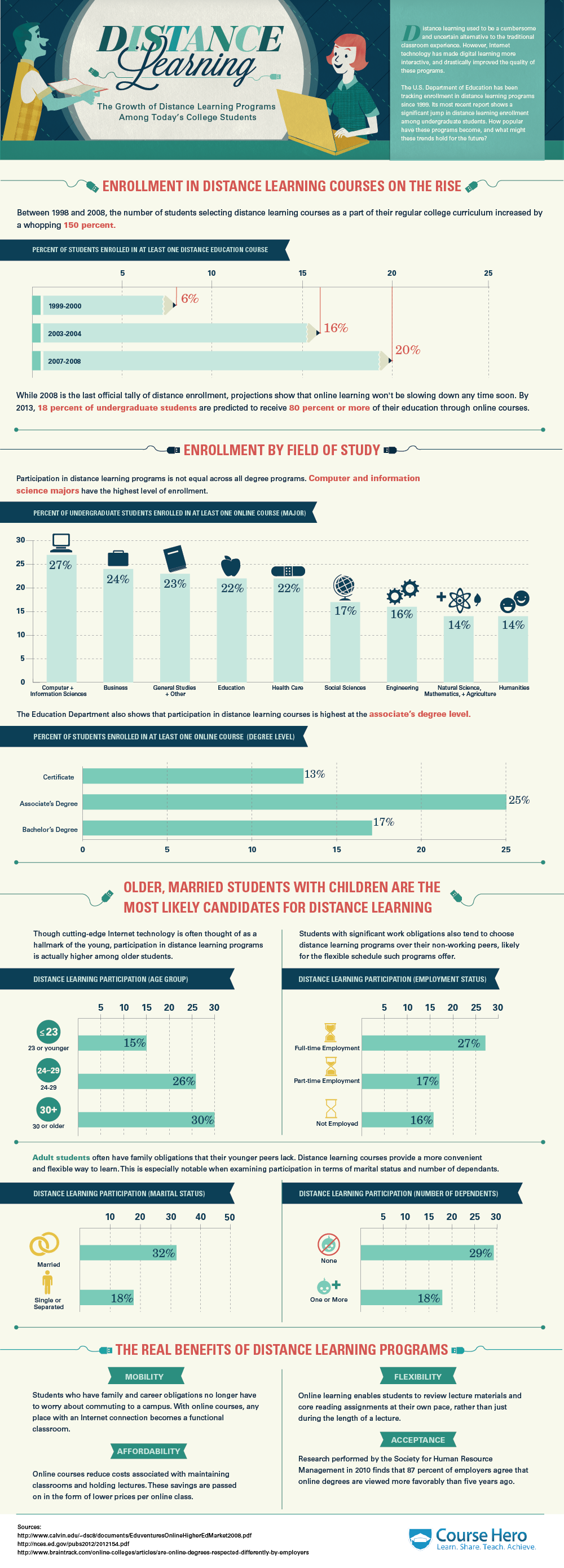I’m in an airplane right now. It has wi-fi. What am I doing?
Needless to say, I’m on Reddit. Image after image of cats never seems to get old.
But what productive things could I be doing with my time if there were other options? If I were taking an online class with Rukuku, I could be using this time to learn something. This is the perfect example of a situation where online technology excels at delivering convenience. One can fully utilize time that would otherwise be considered idle.
Alas: instead of taking advantage of a couple of hours of free time, I’m taking a break from cat pictures by writing this post, looking down at the faint glimmer of some tiny Kentucky town, and asking the flight attendant for another beer. I guess that’s not too bad, anyway – but I could be doing all of this while learning something.





